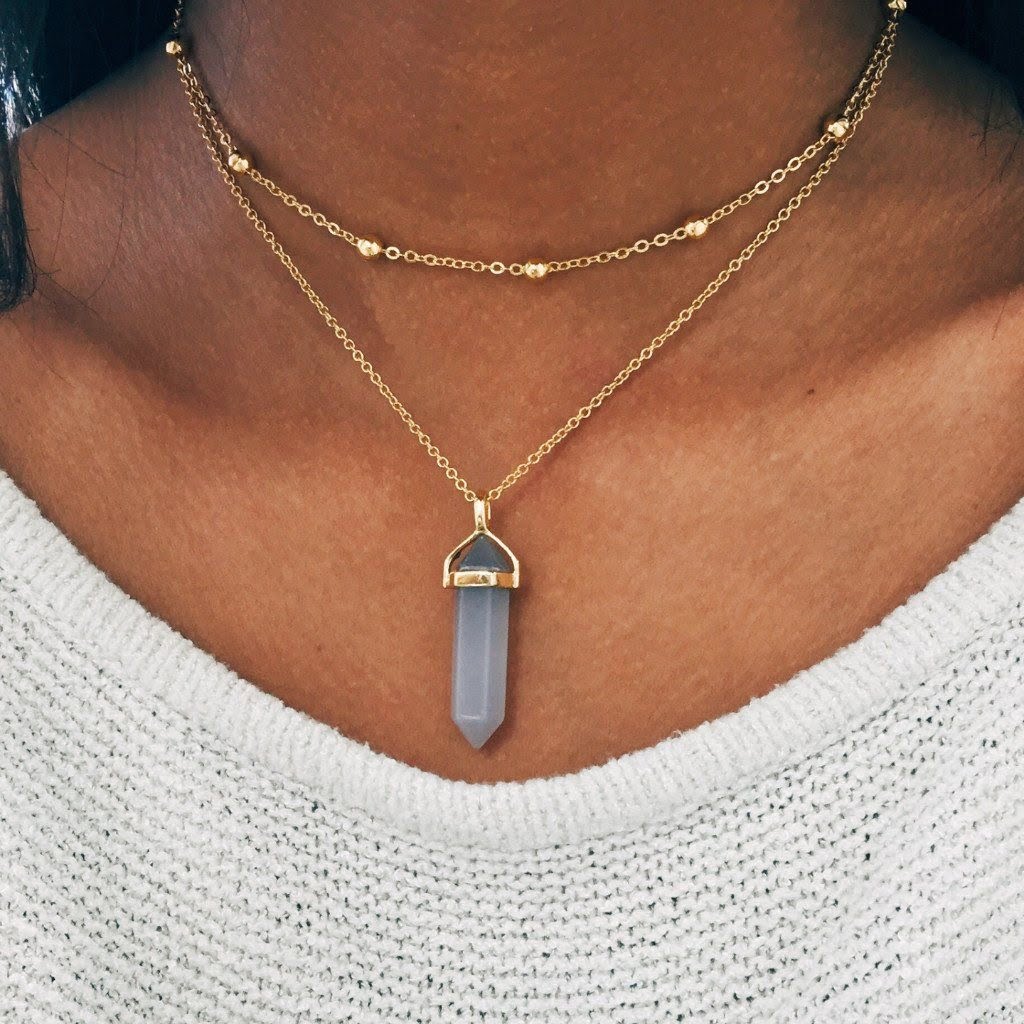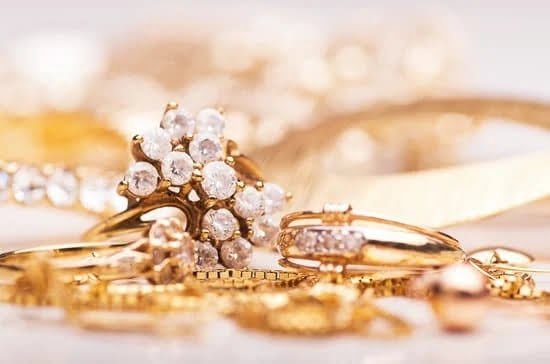
All About Jewelry Packaging
There are several different types of jewelry packaging and each has its own specific purpose. Some jewelry boxes are simply made of cardboard while others are filled with colorful materials that may be used for decoration. Boxes are typically used as storage containers for jewelry items that are not worn daily and can be left out in the open or under a dresser. Boxes are often chosen because they are aesthetically appealing and are less likely to break or become damaged over time.
Most common terms of jewelry packaging boxes manufacture Die Cutting: The process of cutting individual pieces from sheets of cardboard using a die cutter. This leaves a smooth edge on the bottom side of the box. Common cardboard: includes the boxes, the carton t and the plastic wrap die cutter. Die cutting is often used to make jewelry items that are shaped from a single sheet of cardboard or that are custom-cut to fit a specific shape. Cardboard: is usually mixed with other materials such as vinyl and has more of a plastic feel than cardboard.
Boxes are typically manufactured from a mixture of materials such as cardboard, linings, paper, plastic wrap, foam, metal alloys, nails, fiberglass and even thin sheets of metal. The inner most layer of any box is called the outer cover or the die-cut material. High quality die cut boxes are produced by a die cutter machine that cuts the exact shapes and sizes of the boxes through a process of folding and compressing thin sheets of metal that is fed into the machine. This machine is very precise and almost impossible to break.
A jewelry box that is manufactured by the die cutter, produces a box that is perfectly flat. Most inner layers of the outer cover or die cut cardboard is not perfectly even but are evenly distributed so as to create a perfect flat surface. All inner top paper is laminated on the bottom surface of each sheet of paper before it is fed into the die cutting machine. The lamination process provides a smooth, even surface. Even the best laminated paper will be subject to tearing and folding from constant use.
When the lamination process is complete, the top paper is removed and the bottom paper folded over to secure it. The entire jewelry lamination process typically takes about two hours. The paper is then placed in a heat-proof press or hot rollers and dried. Laminated paper does not shrink during this process.
Heat conduction is used in jewelry packaging to create the actual inlay patterns or colors on the boxes. Jewelry lamination is an inexpensive method to produce high quality jewelry packaging. The main advantage to laminating over using other methods is that lamination does not provide too much extra bonding or support for the jewelry. Using heat conduction creates a tighter bond and stronger packaging. These boxes are also used for delicate items such as rings and necklaces.
Using traditional paper method to package jewelry is much less efficient than using jewelry lamination. Heat conduction allows the jewelry to achieve a tighter, more polished look. Heat conduction allows jewelry to last longer because the material does not wear away quickly. Heat conduction is also the most environmentally friendly method because paper does not emit greenhouse gases. The paper can also be recycled, which helps the environment.
There are many options when it comes to lamination. Most manufacturers will tell you right off the bat which lamination method they prefer to use. Each lamination process produces different results. Some jewelry lamination methods are better suited for certain types of jewelry. There are many reputable companies that offer jewelry lamination services. Make sure you do your homework and select the best company to meet your unique jewelry packaging needs.

Welcome to my jewelry blog! My name is Sarah and I am the owner of this blog.
I love making jewelry and sharing my creations with others.
So whether you’re someone who loves wearing jewelry yourself or simply enjoys learning about it, be sure to check out my blog for insightful posts on everything related to this exciting topic!





